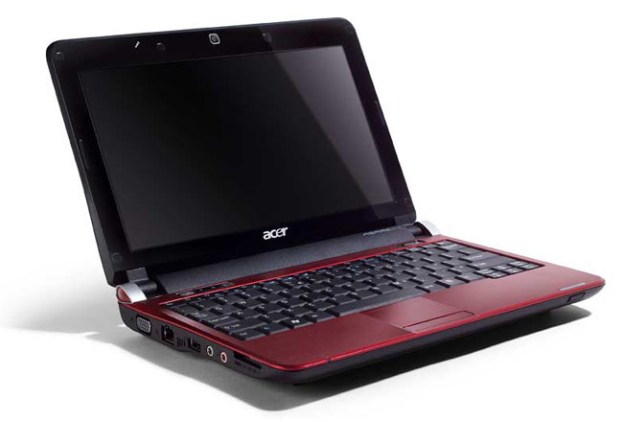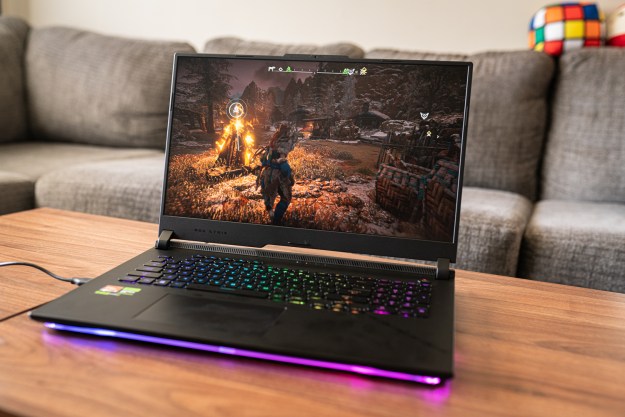
Netbooks, we hardly knew ye. The first mini-notebook or netbook, the ASUS Eee PC, debuted just a few short years ago in 2007, but now, according to AllThingsD, the market research firm, IHS iSuppli, has determined that the category will be dead and gone by 2015 because new shipments will have ceased completely.
The rise of the netbook coincided with a time when people wanted greater laptop portability, but didn’t want to pay upwards of a grand for a premium ultraportable notebook that they were just going to use to check email and surf the Web. Though many netbooks had cramped keyboards and less than optimal displays, they were very affordable, with prices just over $200. At the time, smartphones were still nascent, and affordable tablets with capacitive touch technology were pipe dreams.
But a lot has changed since netbooks reached their 2010 sales height of 32 million. For starters, the technology arms race between Apple and Android manufacturers has resulted in large-screen phones with ridiculously powerful specs – not unlike some of the specs that the low-cost, low-power netbook category used to tout. Undoubtedly though, the end of the netbook’s assembly line can be blamed on tablets. In 2010, we were introduced to Apple’s iPad, and Amazon’s Kindle Fire and Barnes & Noble’s Nook Color debuted the next year. Though there were early missteps, Android-based tablets from Motorola, Samsung, and Asus became more popular thanks to their easy portability, long battery life, and futuristic form factor. In addition, within the last year, Ultrabooks have become all the rage for consumers looking for an easily portable laptop with full computing power and long battery life.
Coincidentally, 14.1 million netbooks were shipped in 2012, according to iSuppli – a massive drop from 2010. The forecast for 2013 is even worse: iSuppi estimates that just 3.97 million netbooks will ship, a 72 percent drop from last year. By 2015, that number will drop to zero. Nada. None. It kind of makes you wonder where the consumer demand for 3.97 million netbooks this year is coming from.
Editors' Recommendations
- The 6 best laptops for seniors in 2024
- Dell’s Techfest is in full swing for spring: Here are the best deals
- A typo is ruining this $700 Asus motherboard — but there’s a fix
- I review gaming laptops professionally — these are the only two you should buy in 2023
- After four months with the ROG Ally, I’m going back to my Steam Deck


